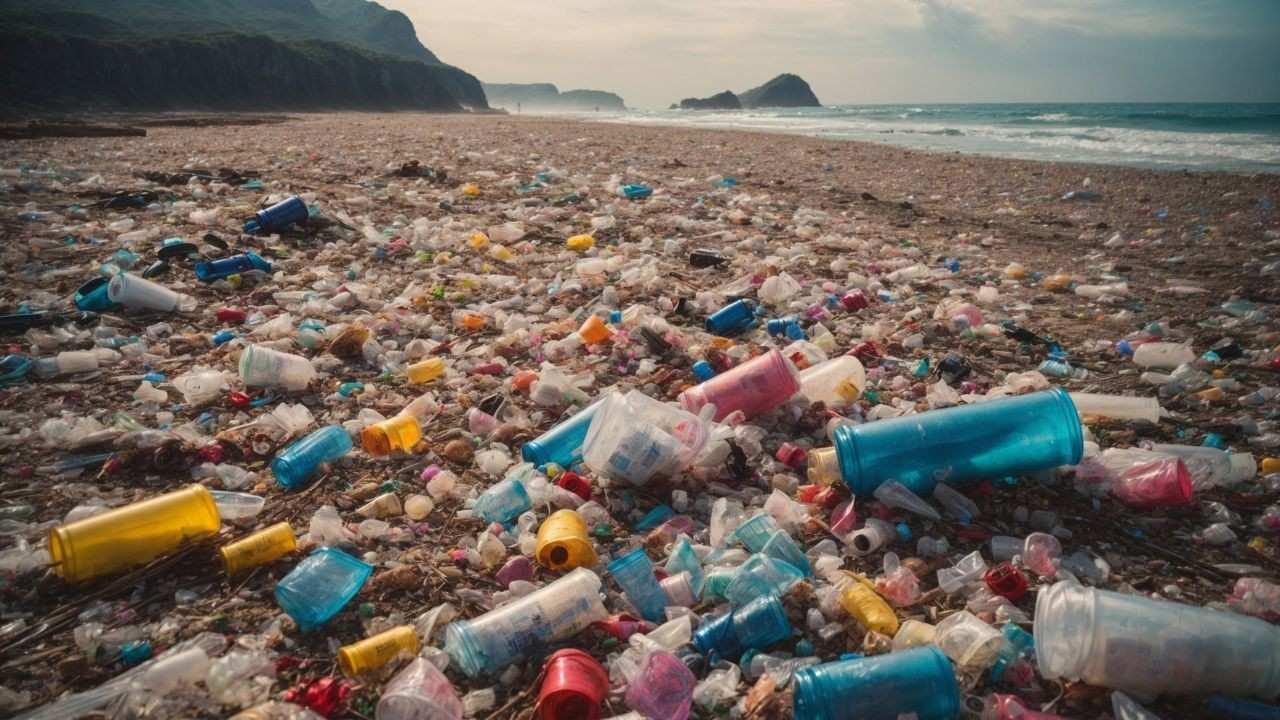
Post by : Mumtaaz Qadiri
Plastic pollution is a serious problem worldwide. Even plastics labeled “biodegradable,” which many believe to be harmless, can still harm soil, water, air quality, wildlife, and human health over time. Many governments and organizations are actively working through policies and actions to tackle this issue.
This year’s theme, Ending Plastic Pollution, encourages all—people, governments, and businesses—to come together and take stronger measures to stop plastic waste and its harmful effects. World Environment Day serves as an opportunity for united action toward a cleaner, safer future.
Plastic Pollution and Waste
Since its invention in 1933, plastic production has grown rapidly. It is estimated that around 8.3 billion tons of plastic have been produced since the 1950s, with nearly half of that made in the past 15 years.
Excessive use and careless disposal of plastic are major concerns. Globally, less than 10% of plastic waste is recycled. About 79% ends up in landfills or nature, and 12% is incinerated.
According to the United Nations, about 400 million tons of plastic waste are generated annually, and this amount keeps rising, largely because many regions lack effective waste management. Bangladesh faces a significant challenge, with approximately 85% of its plastic waste not properly managed.
In cities like Dhaka, plastic use has reached alarming levels. On average, each person uses about 22.25 kilograms of plastic every year—well above the national average. This puts a spotlight on the urgent need for better waste management and serious efforts to cut down on plastic use.
Rivers and Oceans: Dumping Grounds for Plastic
Rivers and estuaries act like highways for plastic waste, carrying it from the land straight into the sea. Along the way, they clog natural water flow, damage ecosystems, and create serious threats for wildlife.
Bangladesh faces a particularly harsh reality. According to the Environment and Social Development Organization (ESDO), nearly 2.6 million tons of single-use plastic end up in the Bay of Bengal every year, flowing through 18 cross-border rivers. This massive pollution harms rivers, coastal waters, and marine life alike.
The Ganga-Padma river system, shared by India and Bangladesh, ranks among the world’s most plastic-polluted waterways. Every single day, around 73,000 tons of plastic waste pour into the Bay of Bengal from the Padma, Meghna, and Jamuna rivers combined.
Closer to home, urban rivers like the Buriganga in Dhaka and the Karnaphuli in Chattogram are choked with plastic. In some areas of the Karnaphuli, plastic waste has piled up as deep as 2 to 7 meters. This not only blocks clean-up efforts but also creates serious risks for aquatic life.
Impact on Land and Marine Ecosystems
Plastic pollution harms both land and marine environments, threatening wildlife and human health. On land, plastic waste degrades soil by reducing water retention and nutrients, making it harder for plants to grow. Tiny plastic particles called microplastics even contaminate fertilizers and farmland, affecting food production and sustainable agriculture.
Plastics release toxic chemicals that pollute soil and water, causing damage to animals and humans. Since plastics degrade very slowly, this damage is long-lasting.
In oceans, plastic makes up about 85% of marine debris. Nearly 800 sea species are affected, with 17% at risk of extinction due to plastic pollution.
Plastic also harms critical coastal habitats such as mangroves, coral reefs, and seagrass beds, which protect coastlines from storms and store carbon, helping fight climate change. Losing these ecosystems weakens natural defenses and threatens coastal communities.
Plastic Pollution and Climate Change
Plastic pollution also contributes to climate change. Plastics are mainly made from fossil fuels like oil and natural gas, using roughly 12% of the world’s oil and 8.5% of its natural gas.
The processes involved in producing, transporting, recycling, and burning plastic generate greenhouse gases, which warm the planet. If current trends continue, plastics could account for as much as 19% of the carbon emissions allowed under the Paris Agreement. In 2019, plastics were responsible for 1.8 billion tons of emissions, about 3.4% of the global total. By 2060, emissions from plastics may more than double.
The United Nations has proposed a global treaty to regulate plastic pollution from production to disposal. However, recent talks in South Korea failed to reach agreement.
Some major oil-producing countries—Saudi Arabia, Russia, Iran, and Kuwait—oppose strict production limits, instead favoring improved recycling and waste management. Their oil industries depend heavily on plastic production as the world shifts away from fossil fuels.
Meanwhile, over 100 countries support legally binding rules to reduce plastic use and stop harmful chemicals, asking for financial and technical help to achieve these goals. The next major negotiation is planned for August 2025 in Geneva, Switzerland.
Other international agreements, like the UN Sustainable Development Goals and conventions on marine life and hazardous waste, also address plastic pollution. Still, the problem grows partly because wealthy countries continue sending plastic waste to poorer nations in violation of international regulations.
Bangladesh’s Plastic Pollution and Policies
Bangladesh was the first country to ban polythene bags in 2002, but enforcement has been weak. The ban targets polythene shopping bags but does not fully cover all single-use or laminated plastics, so some plastic use remains legal.
Bangladesh contributes about 2.47% of global plastic pollution, yet only 36% of its plastic is recycled. Plastic waste in Dhaka’s city trash is rapidly increasing.
According to a 2024 environmental index, Bangladesh ranks sixth among countries struggling to reduce pollution. The Department of Environment faces criticism for poor enforcement.
With support from the World Bank, the government has put together a national plan focused on the 3Rs: reduce, reuse, and recycle. The goals are ambitious — aiming to recycle 50% of plastic waste by 2025, increase that to 80% by 2030, and cut down single-use plastics by 90% by 2026. However, progress has been slower than hoped, partly because some businesses and recycling groups aren’t fully on board yet.
With help from the World Bank, the government has created a national plan focused on reducing, reusing, and recycling plastic. The targets are clear: recycle half of all plastic waste by 2025, push that to 80% by 2030, and cut single-use plastics by 90% by 2026. But progress has been slower than expected, mostly because some businesses and recycling groups aren’t fully involved yet.
In 2025, new laws made producers responsible for handling plastic waste after their products are used. Still, these rules need better transparency and teamwork to really make a difference.
The government has also told its offices to stop using single-use plastics and switch to greener options. The Ministry of Environment banned 17 single-use plastic items in its departments and related agencies.
Despite these steps, more needs to be done. Bangladesh has to strengthen its laws, improve cooperation between the government, businesses, and the public, and clearly outline who is responsible for what to truly fight plastic pollution.



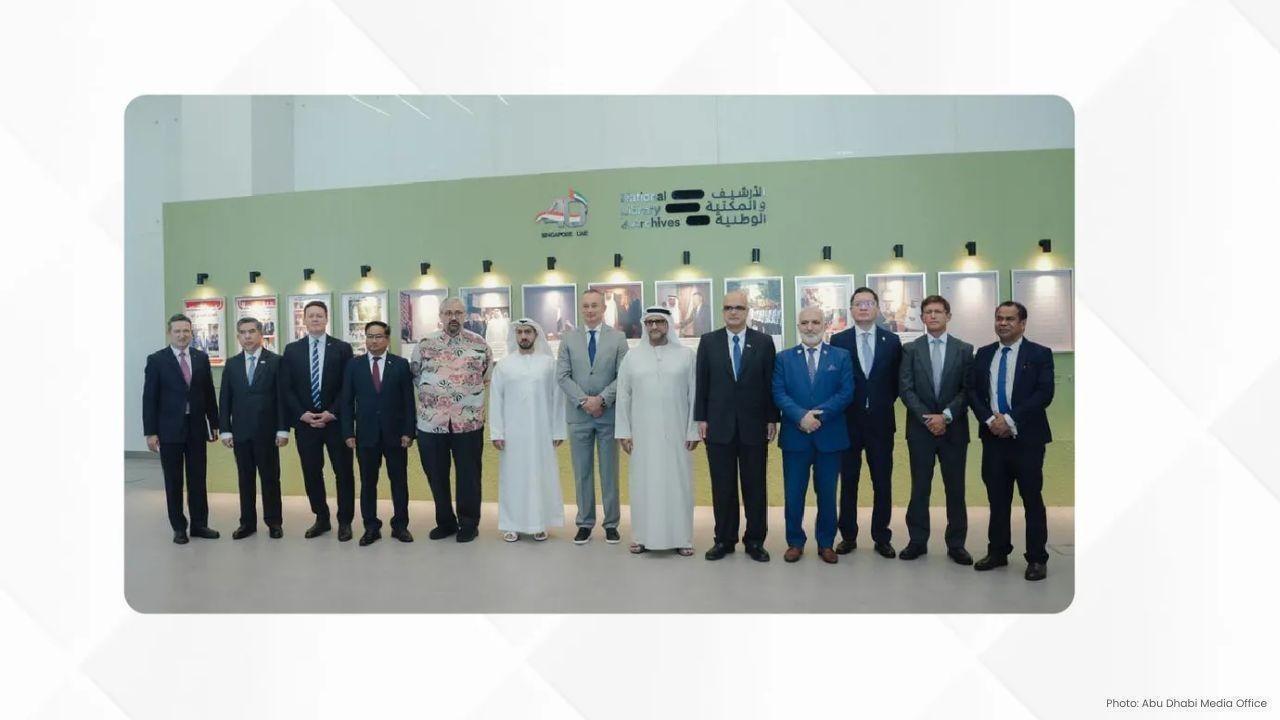
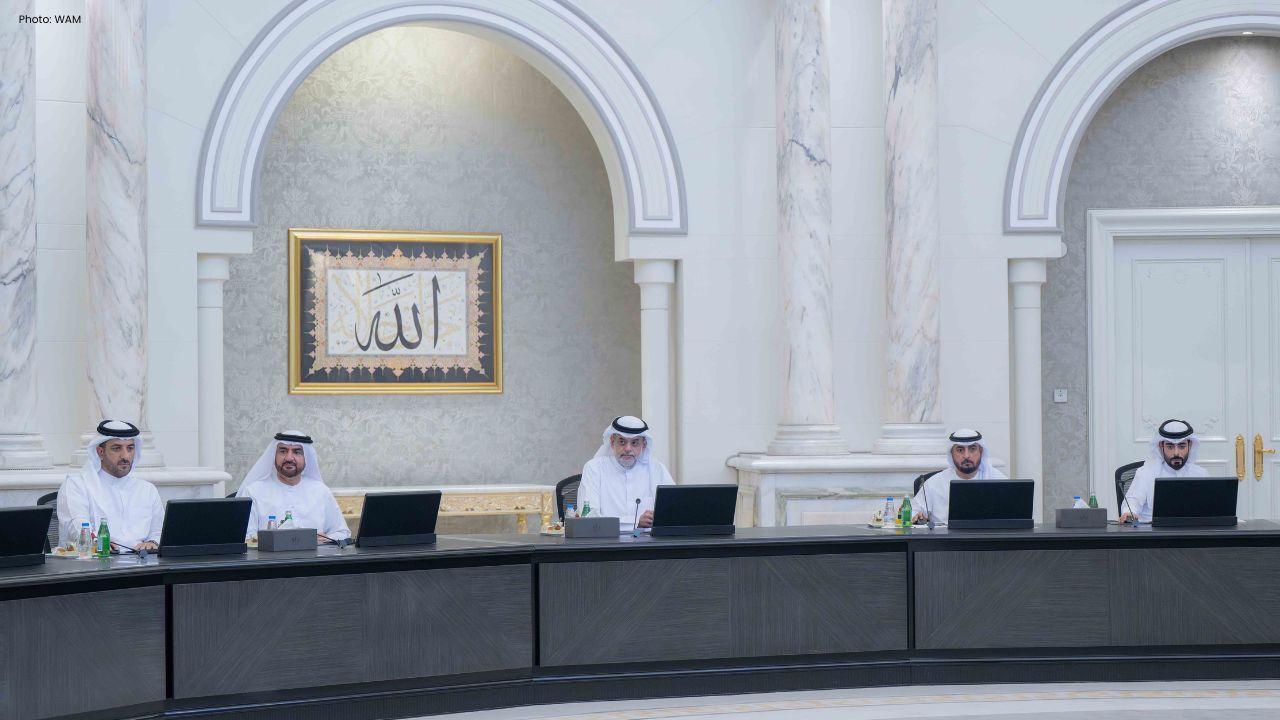



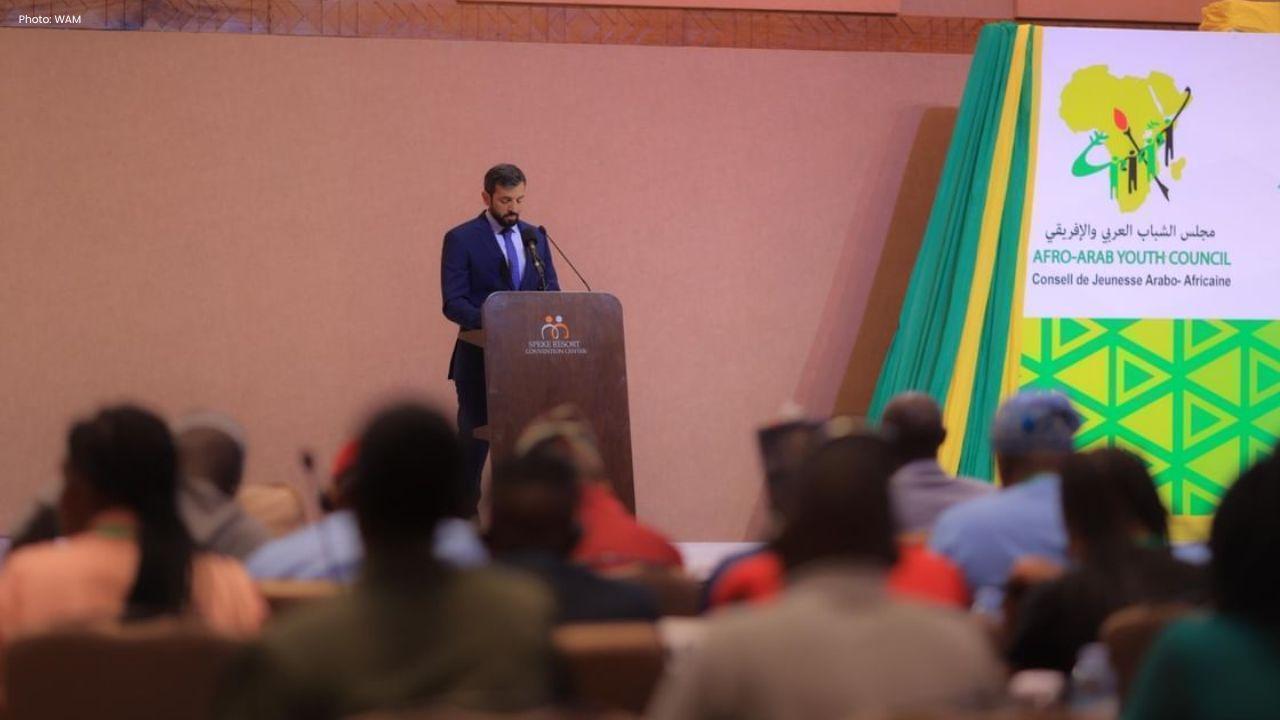

Google to Invest $15 Billion in India’s AI Data Hub
Google will invest $15 billion to build a massive AI data hub in southern India, marking its largest

Gautam Gambhir Praises Shubman Gill’s Leadership Success
India’s head coach Gautam Gambhir praised Shubman Gill’s leadership after the 2-0 Test series win ov

KL Rahul Guides India to Series Win Over West Indies 2-0
India defeated West Indies by seven wickets in the second Test, sweeping the series 2-0 with KL Rahu
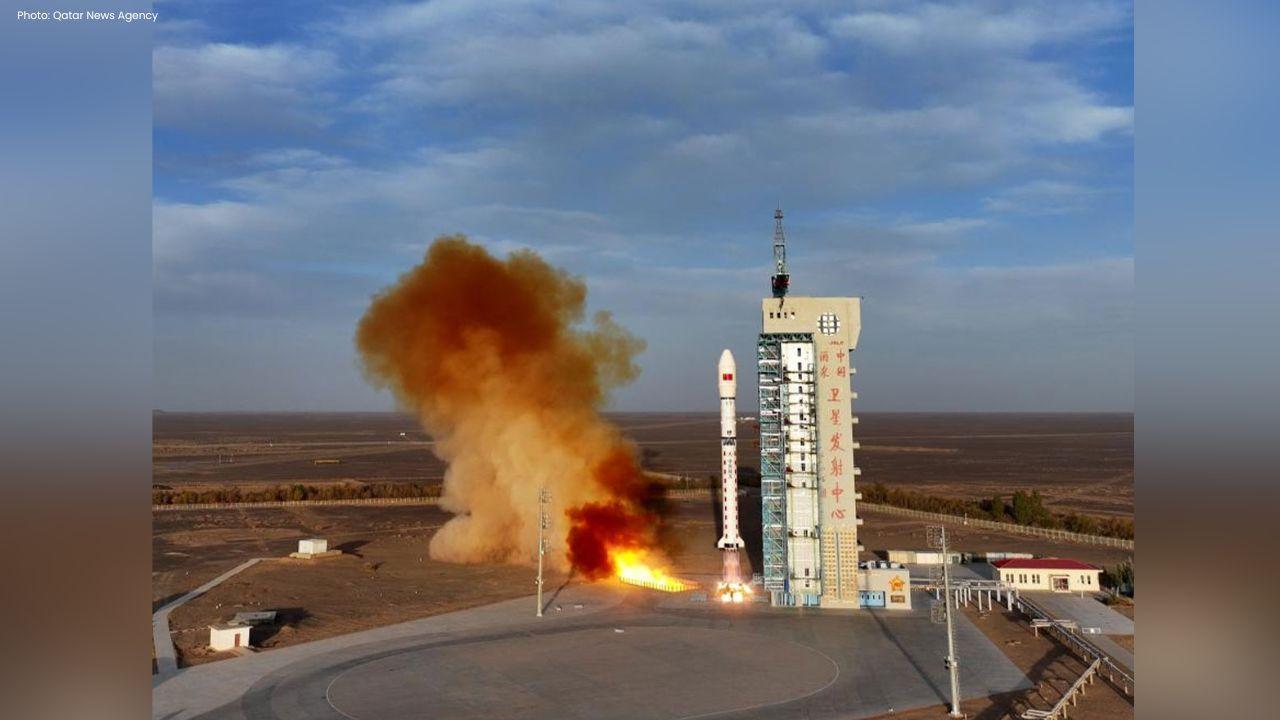
China Launches Shiyan-31 Test Satellite Successfully
China successfully launches Shiyan-31 satellite to test optical imaging technology, marking the 599t

Coach to Decide if Messi Plays Against Puerto Rico
Argentina coach Lionel Scaloni will decide Lionel Messi’s participation against Puerto Rico after fi

Pedri Credits Ferran Torres For Support And Guidance
Pedri highlights Ferran Torres’ support and guidance, saying strict advice and teamwork keep him mot